News & Media
Social cohesion necessary for nation-building
Themed "Fostering greater social cohesion, nation-building, and a shared national identity", Unisa’s Department of Leadership and Transformation (DLT) held the Human Rights Month Commemoration Seminar to, among others, highlight the significance of the university’s 150th celebrations on the notion of human rights. The event’s theme was aligned with Unisa’s 150th-anniversary theme, "Reclaiming Africa’s Intellectual Futures".
Illustrating the seminar’s purpose, Dr Malekutu Bopape, DLT’s Acting Executive Director, explained some of the discussion points as, among others, human rights and responsibility – Unisans’ role in promoting human rights culture, and the Constitution from a Bill of Rights perspective – Unisa’s role as the largest ODeL institution expanding access to the poor and working-class students.
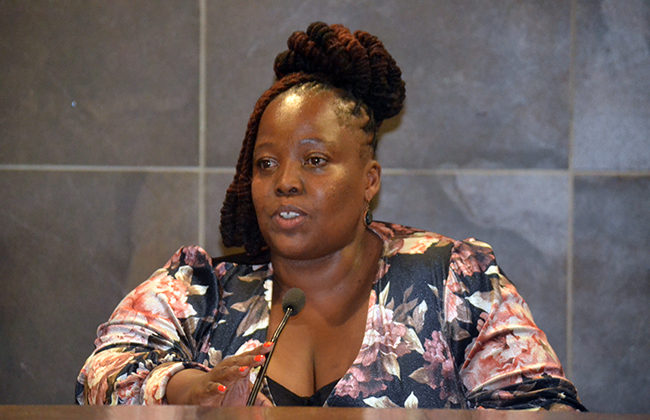
Mmatsie Mooki
In her keynote address, Mmatsie Mooki, Unisa’s Senior Lecturer: Department of Public, Constitutional and International Law under the College of Law, remarked that the commemoration was a critical period for Unisa to reflect on its vision and values. Mooki also affirmed that the event’s theme echoed the same message as the 2023 Human Rights Day theme: "Consolidating and sustaining human rights culture into the future".
Intertwining social cohesion and nation-building
Referring to the preamble of the Republic of South Africa’s Constitution (1996), Mooki said it demonstrates that the social cohesion concept is implicit in the Constitution. She added: "Social cohesion and nation-building are intertwined, so when both are achieved, it is easy to share a common national identity." Mooki continued: "Social cohesion is necessary for nation-building as it creates unity among the people of a nation, further enabling national identity and pride."
Reiterating the importance of embracing the concept of ubuntu (I am because we are), Mooki maintained that a society must be socially aware of issues facing the most vulnerable and marginalised community members. "We need to be inclusive, transparent and promote a culture of engagement among each other," she said. She applauded Unisa for embracing values such as integrity and dignity in diversity as it strives towards building a socially cohesive and tolerant nation.
Additionally, Mooki acknowledged that Unisa has made education accessible to everyone irrespective of race, physical appearance, geographical borders, colour, financial status and creed. She further asserted that the university had produced acclaimed alumni. Explaining human rights in the institution’s context, Mooki stated that these are entrenched in Unisa’s vision and policies, among others. "However," she noted, "rights go with responsibilities, and they are not absolute, so they can be limited by other rights." Mooki, therefore, encouraged everyone not to violate the rights of others as they exercise their rights.
Among others, Mooki spoke against issues of sexism, inequality and discrimination, highlighting that past injustices are still apparent. She appreciated Unisa for having programmes that promote human rights and are accessible to the marginalised, such as students in correctional facilities and students with disabilities. Mooki said that society must be bold and articulate about their "struggle songs" to achieve social cohesion, nation-building and national identity. "Also," she said, "South Africa needs a constitution that can contribute meaningfully to these concepts." Finally, she posed critical questions: "Have we addressed the large socio-economic gap that plagues these issues? Are we tolerant and acceptable of the diverse opinions of others?"
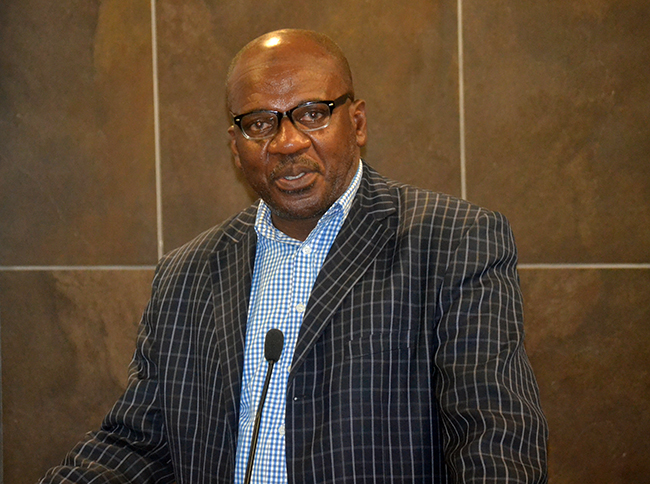
Console Tleane
Rehistorising our existence
Keynote address discussant Console Tleane, DLT’s Director of Systems and Policies, stated that the nation was lamenting because it had forgotten its history, therefore, erased it. "Forgetting leads to dehistorising our existence. We sometimes forget by remembering to dilute and divert our history," said Tleane. Raising a concern that such commemorations have been depersonalised, he argued: "The legacy of our history has been reduced to museums and heritage concepts."
Tleane discouraged scholars and universities from contributing to the dilution and diversion of history and social challenges, calling on them to recover objective and independent voices. "Contributing to them would affect our teaching and research endeavours," he remarked. Shifting the focus to decolonisation at higher education institutions, he said it should not be an era but a practical and continuous commitment.
During the feedback session, Mooki and Tleane responded to thought-provoking questions and comments about universities being bold enough to go through the different stages of change to combat human rights threats and how universities can ensure that they do not contribute to diluting Africa’s history.
In closing, Karen Redelinghuys, DLT’s Acting Deputy Director of Employment Equity, expressed gratitude for the cutting-edge discussions and encouraged continuous dialogue.
* By Nancy Legodi, Acting Senior Journalist, Department of Institutional Advancement
Publish date: 2023-03-24 00:00:00.0

 Young Unisa doctoral graduate joins elite Lindau Nobel Laureate group
Young Unisa doctoral graduate joins elite Lindau Nobel Laureate group
 Education MEC addresses Unisa autism seminar
Education MEC addresses Unisa autism seminar
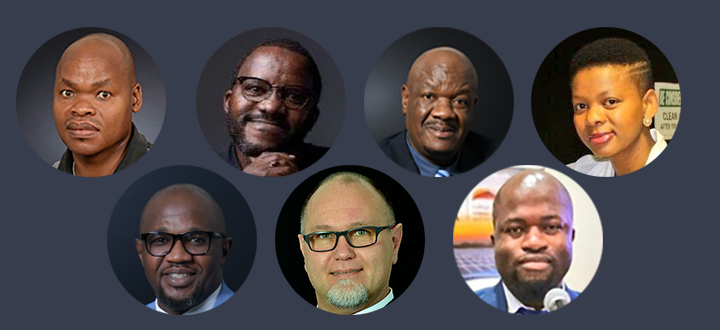 Seven Unisans nominated for the NSTF-South32 Awards 2023/2024
Seven Unisans nominated for the NSTF-South32 Awards 2023/2024
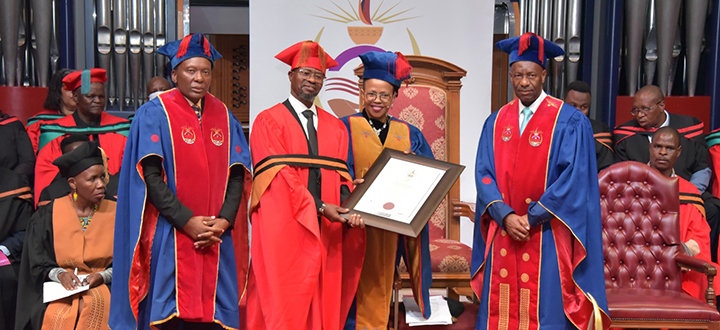 Unisa awards posthumous honorary doctorate to literary maven, OK Matsepe
Unisa awards posthumous honorary doctorate to literary maven, OK Matsepe
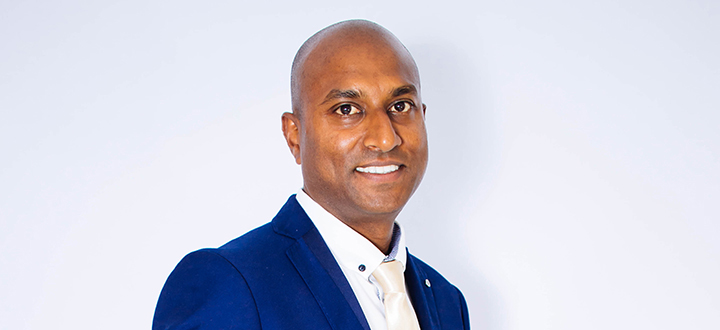 From humble beginnings to academic leadership
From humble beginnings to academic leadership